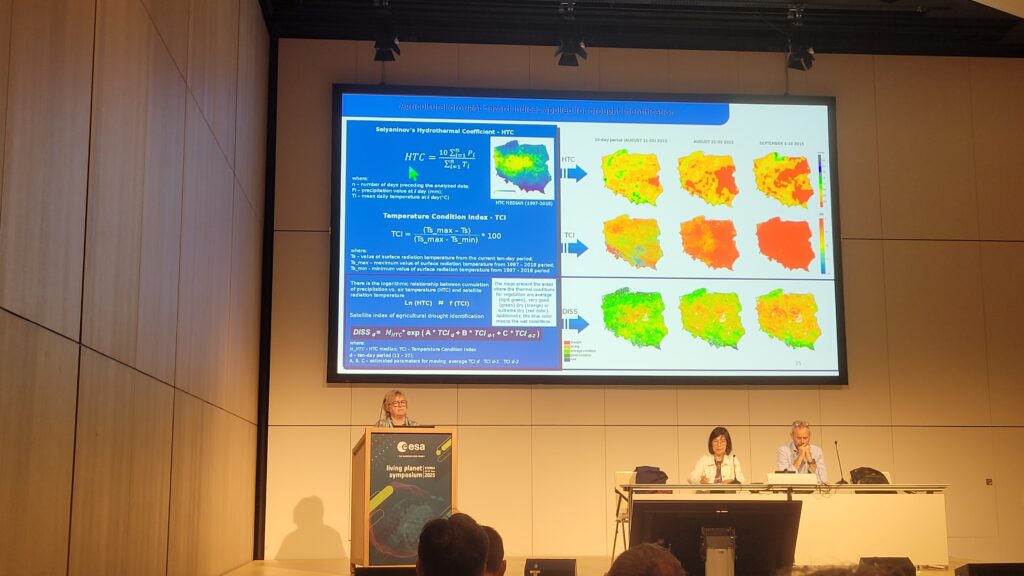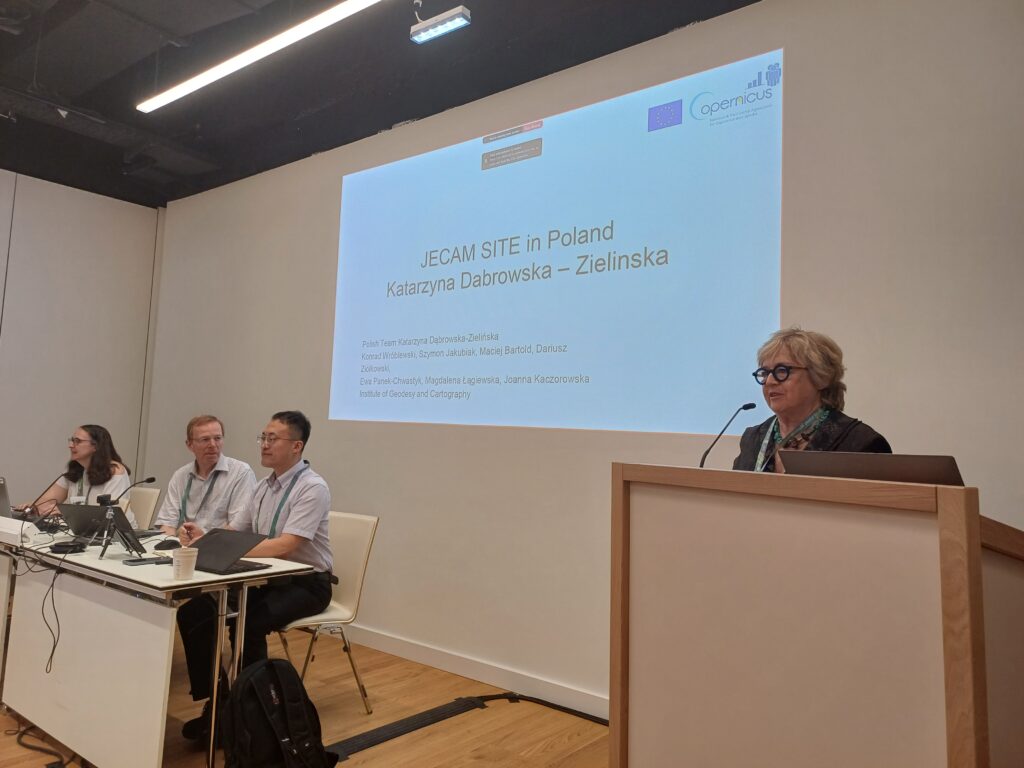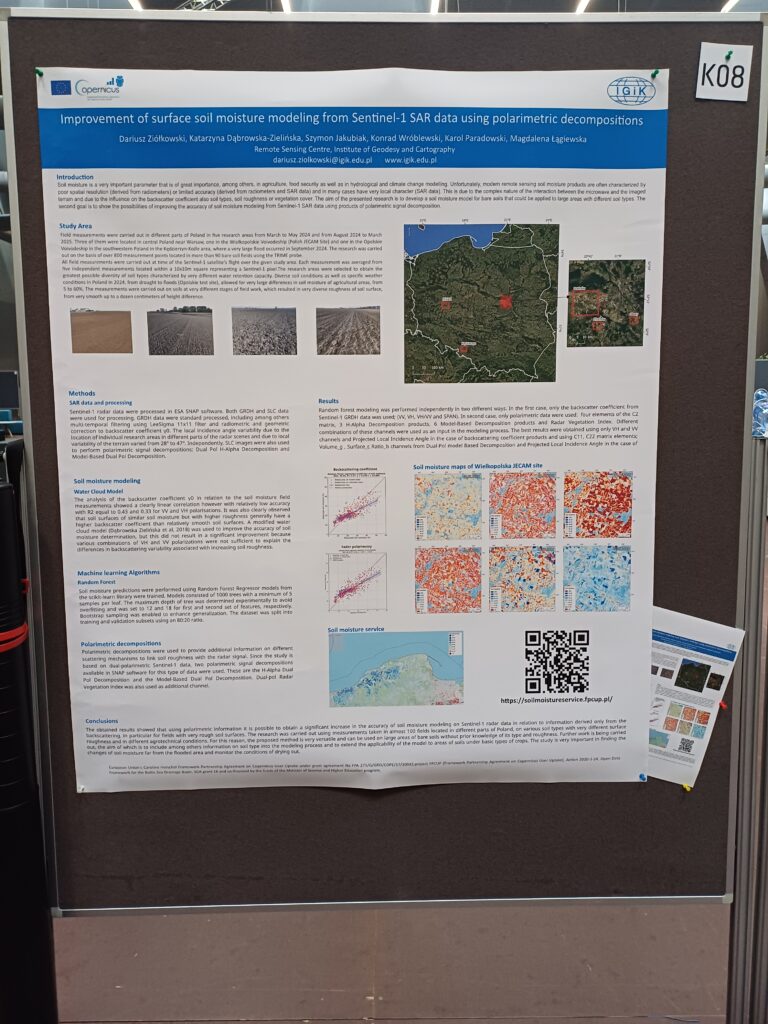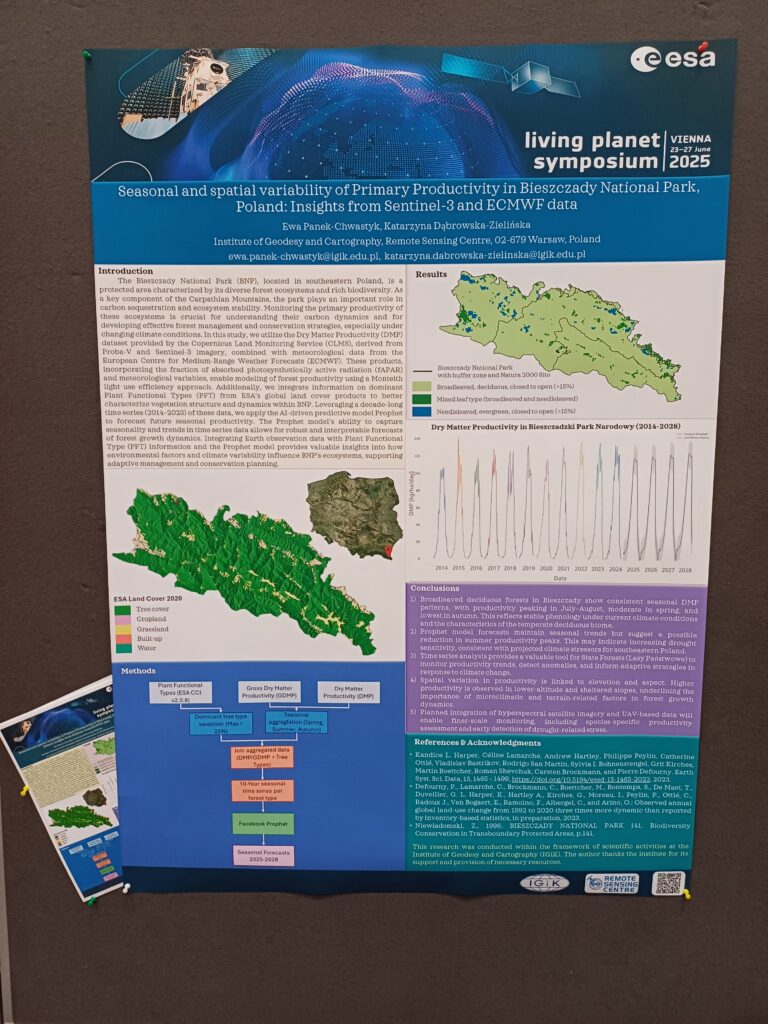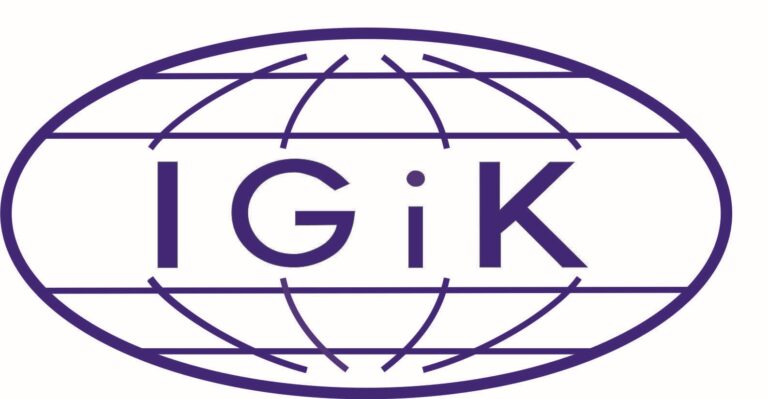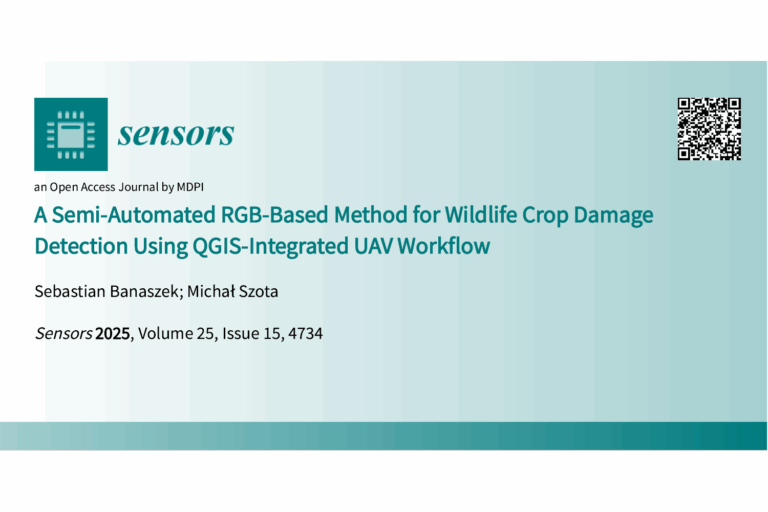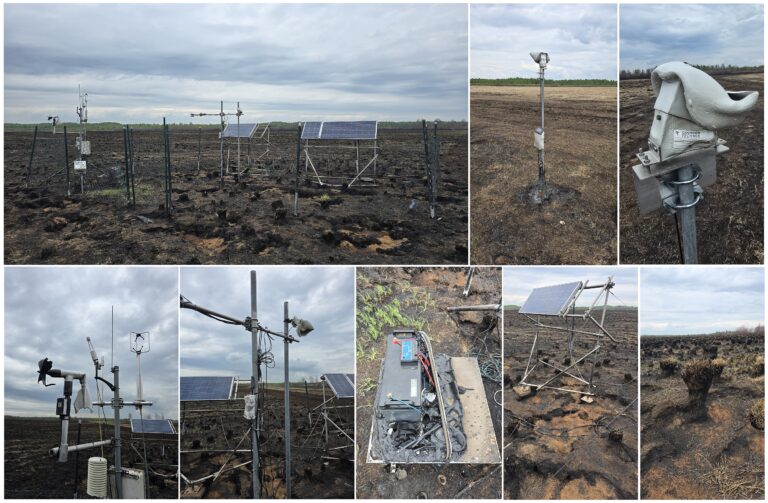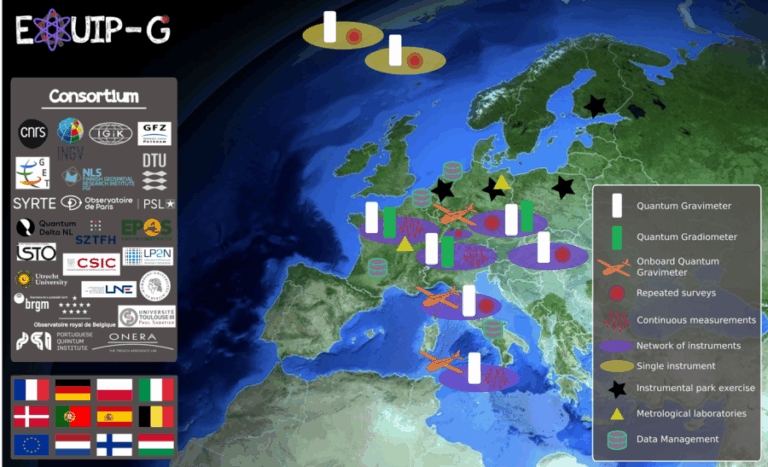On June 23-27, 2025, Vienna hosted the Living Planet Symposium – From Observation to Climate Action and Sustainability for Earth – organized by the European Space Agency (ESA). The Living Planet Symposium (LPS) is a prestigious international event organized every three years by ESA. The symposium is one of the most important international meetings in the field of Earth observation. It is a leading forum for the exchange of knowledge and experience in the field of Earth observation, focusing on the use of the latest satellite data and technologies to detect the effects of climate change and promote sustainable development. The event brought together over 7,000 participants from 119 countries and served as a platform for discussion on the use of Earth observation data to combat climate change and protect the environment. Participants had the opportunity to learn about new missions (Sentinel-4, -5, Biomass), digital technologies (Digital Twin Earth), data-driven solutions, and examples of cloud implementations. According to ESA, this is the largest Living Planet Symposium to date. The event was attended by scientists, public authorities, private companies, and data recipients. interested parties.
The symposium covered a wide range of activities, including:
* Hundreds of presentations.
* Poster sessions.
* Panel discussions on topics such as climate, biodiversity, crisis management, and digital infrastructure.
* A dedicated stand and a high-level media briefing organized by the European Commission.
* Networking opportunities.
* Exhibitions.
Representatives of the Remote Sensing Center actively participated in the Symposium: Prof. Katarzyna Dąbrowska-Zielińska, Dr. Ewa Panek-Chwastyk, Dr. Dariusz Ziółkowski, Dr. Szymon Jakubiak, and Joanna Kaczorowska.
Professor Katarzyna Dąbrowska-Zielińska gave a presentation at the “Agriculture Under Pressure” session entitled: “From JECAM site to region – Vegetation Conditions analysis using Sentinel-2, Sentinel-1, ECOSTRESS, and Copernicus Land Monitoring Service (CLMS) data for yield prediction through AI Applications”.
The following posters were presented at the sessions:
* “Application of Sentinel-2, EnMAP and Sentinel-1 data in accurate crop classification: an analysis for the JECAM area in Poland” – Prof. Katarzyna Dąbrowska-Zielińska
* Session: Advancing Air Quality Monitoring “The relations between air pollution and urban heat islands. Analysis of the impact of NO2 on urban heat islands in European metropolis” – Dr. Szymon Jakubiak
* “Seasonal and spatial variability of Primary Productivity in Bieszczady National Park, Poland: Insights from Sentinel-3 and ECMWF data” – Session: Advances in Monitoring and Management of Forest Ecosystems: Dr. Ewa Panek
* Soil moisture modeling from Sentinel-1 SAR data at the session “Improvement of surface soil moisture modeling from Sentinel-1 SAR data using polarimetric decompositions.” – Dr. Dariusz Ziółkowski
During the conference, a meeting was held, led by Dr. Pierre Defourny from the University of Louvain, for representatives of countries participating in the JECAM program, where participants from the IGIK Remote Sensing Center presented a paper on the application of EnMap hyperspectral data.
In addition, participants from the Remote Sensing Center established many contacts, including international ones, with other conference participants. The discussions focused in particular on ongoing and planned projects, and also provided an opportunity to exchange solutions and experiences.
